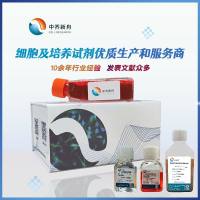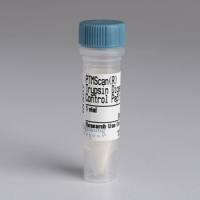Flow Cytometric Methods to Investigate Culture Heterogeneities for Plant Metabolic Engineering
互联网
441
Plant cell cultures provide an important method for production and supply of a variety of natural products, where conditions can be easily controlled, manipulated, and optimized. Development and optimization of plant cell culture processes require both bioprocess engineering and metabolic engineering approaches. Cultures are generally highly heterogeneous, with significant variability amongst cells in terms of growth, metabolism, and productivity of key metabolites. Taxus cultures produce the important anti-cancer agent Taxol� (i.e., paclitaxel) and have demonstrated significant variability amongst cell populations in culture with regard to paclitaxel accumulation, cell cycle participation, and protein synthesis. To fully understand the link between cellular metabolism and culture behavior and to enable targeted metabolic engineering approaches, cultures need to be studied at a single cell level. This chapter describes the application of plant cell flow cytometric techniques to investigate culture heterogeneity at the single cell level, in order to optimize culture performance through targeted metabolic engineering. Flow cytometric analytical methods are described to study Taxus single cells, protoplasts, and nuclei suspensions with respect to secondary metabolite accumulation, DNA content, cell size, and complexity. Reproducible methods to isolate these single particle suspensions from aggregated Taxus cultures are discussed. Methods to stain both fixed and live cells for a variety of biological markers are provided to enable characterization of cell phenotypes. Fluorescence-activated cell sorting (FACS) methods are also presented to facilitate isolation of certain plant cell culture populations for both analysis and propagation of superior cell lines for use in bioprocesses.









